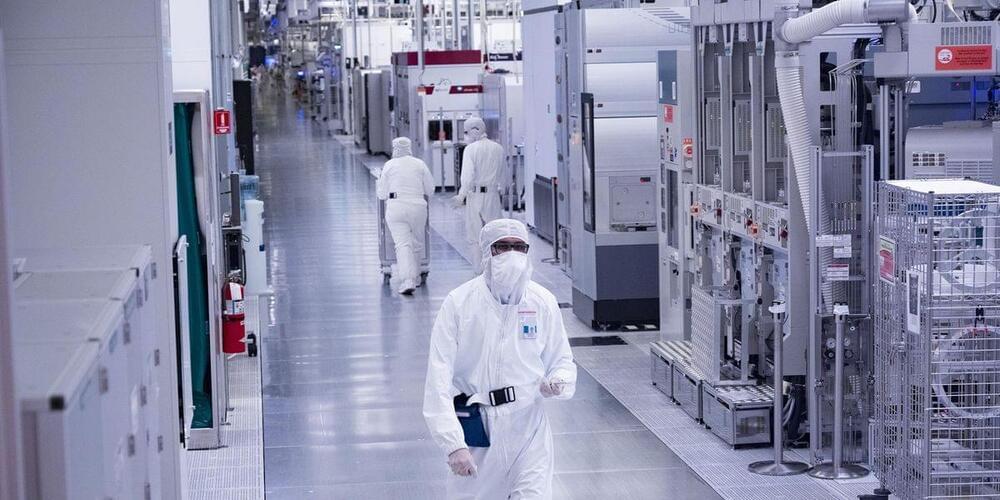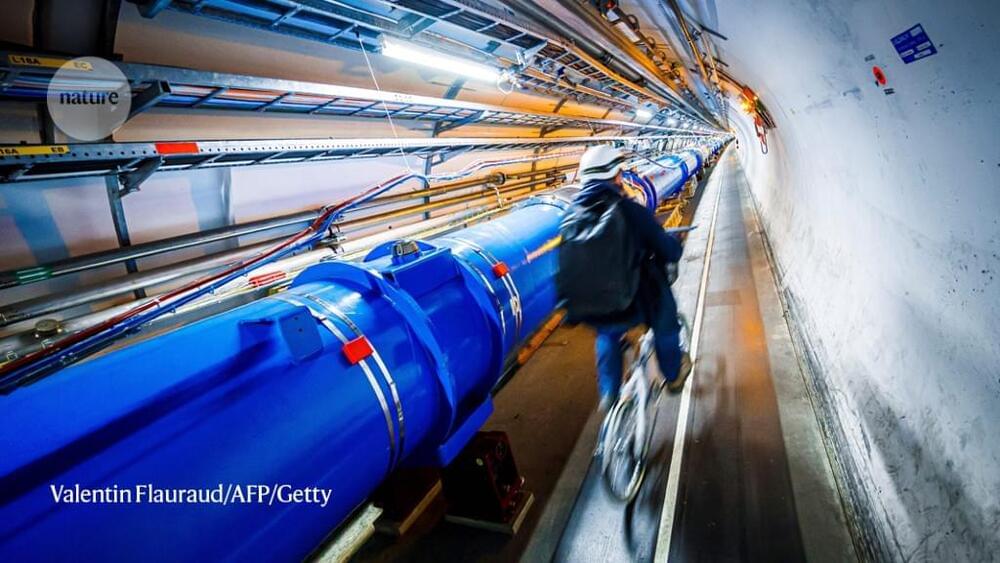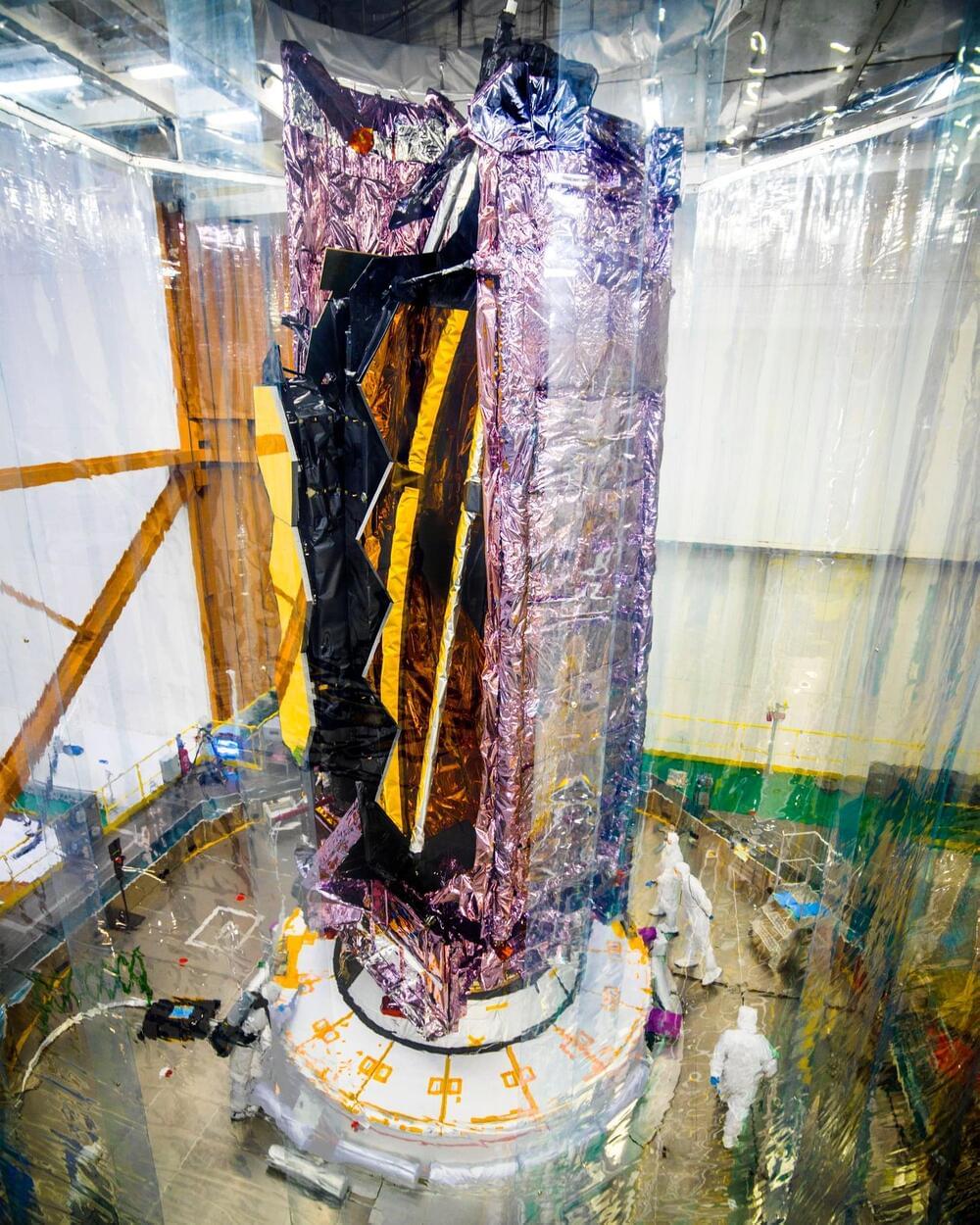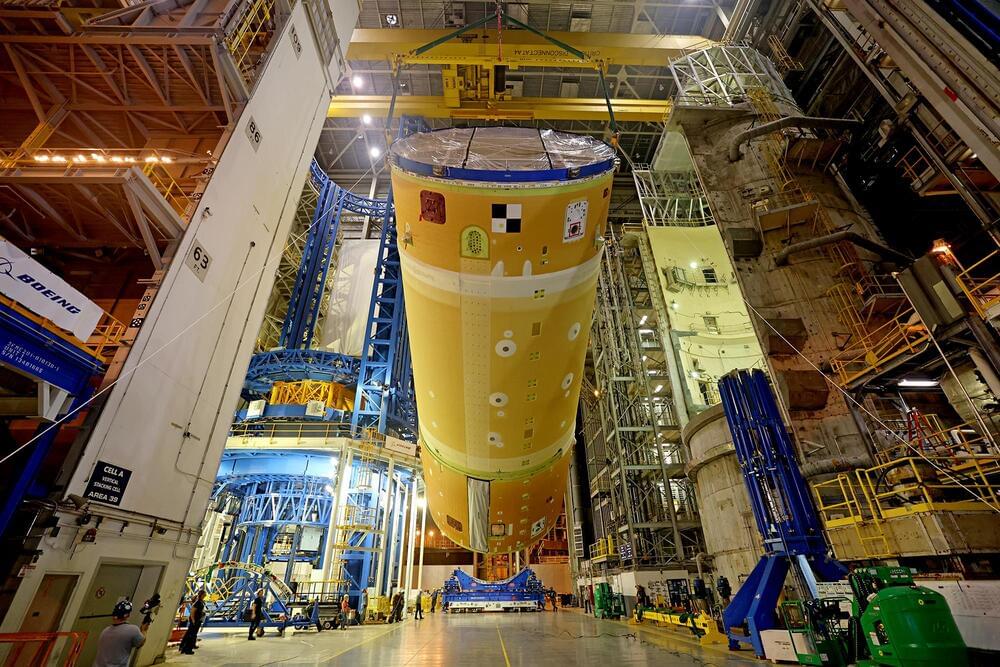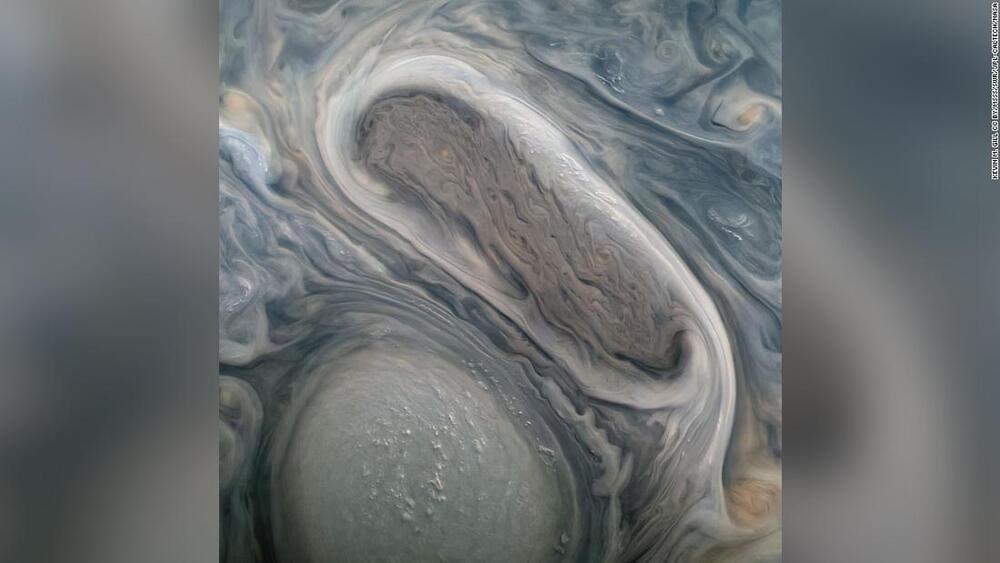Yet despite the chip giant’s manufacturing struggles, it still maintains nearly 90% market share in data-center chips, compared with AMD’s 10%, according to data from Mercury Research. Intel has lost more ground in desktop and laptop computers, holding onto 83% market share and 78% share respectively, with the remainder going mostly to AMD, according to Mercury data.
After years of hearing about these problems, Wall Street had largely written off the company’s manufacturing prowess. Investors expected the company to move to a hybrid approach to chip making, contracting more of its chip manufacturing to TSMC and potentially to Samsung. Some analysts suggested the company go as far as spinning out the manufacturing business, as AMD did with what is now known as GlobalFoundries years ago.
But weeks after Gelsinger took over, he announced that the company planned to double down on its manufacturing business in an effort to return Intel to its roots, including a bid to compete with TSMC as a contract manufacturer. Since his return to Intel after nearly nine years as chief executive of VMware, he has shaken up the company’s executive team. That includes re-hiring several notable Intel staffers, including Natarajan.
